Partial Magic: The Novel as Self-Conscious Genre
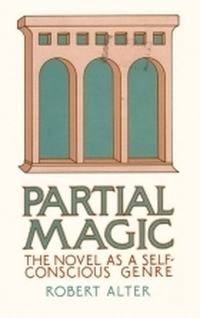
Summary
This new work by an imaginative critic of vigorous intellectual powers radically revises our understanding of the novel as a genre. Against a variety of critical stances, from Marxist and Freudian to Jamesian and Leavisite, Mr. Alter argues that "realism" is by no means the exclusive generic aim of the novel. He maintains that the novel, beginning from Cervantes with the erosion of belief in the authority of the written word, has been much more essentially playful and inquisitively philosophical than prevailing critical notions allow. Mr. Alter explores the writer's pleasure in the extravagant manipulation of narrative artifice in a line of major self-conscious novelists from the late seventeenth century to the present - Cervantes, Sterne, Diderot, Thackeray, Melville, Joyce, Virginia Woolf, Gide and Nabokov. His readings of particular masterworks of fiction are combined with a large historical overview which brings us finally to a consideration of the confusions and emerging possibilities of the contemporary period. Written in a lucid, lively, non-technical style, this book significantly expands our understanding of the novel and the ways in which it delights us and engages us most deeply.
Similar Books
-
 Marxism and literary criticism
Marxism and literary criticismby Terry Eagleton
-
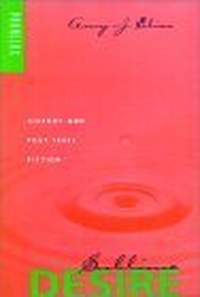 Sublime Desire: History and Post-1960s Fiction
Sublime Desire: History and Post-1960s Fictionby Amy J. Elias
-
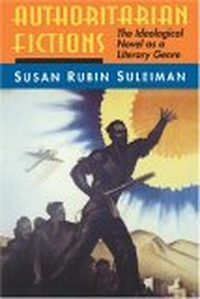 Authoritarian Fictions
Authoritarian Fictionsby Susan Rubin Suleiman
-

-
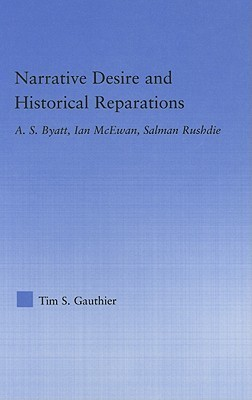
-
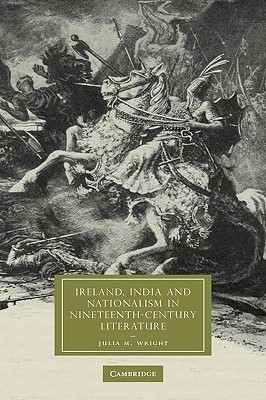 Ireland, India and Nationalism in Nineteenth-Century Literature
Ireland, India and Nationalism in Nineteenth-Century Literatureby Julia M. Wright
-
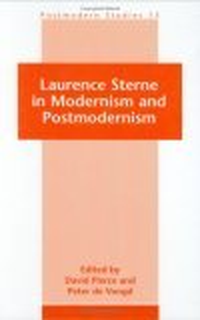 Laurence Sterne in Modernism and Postmodernism
Laurence Sterne in Modernism and Postmodernismby Peter de Voogd
-
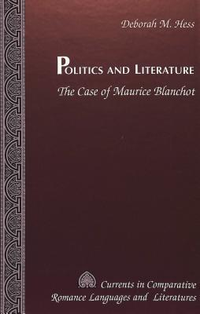 Politics and Literature: The Case of Maurice Blanchot
Politics and Literature: The Case of Maurice Blanchotby Deborah M. Hess
-
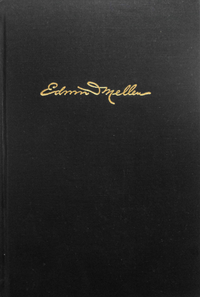 Narrative Strategies in Joyce's Ulysses
Narrative Strategies in Joyce's Ulyssesby Dermot Kelly
-
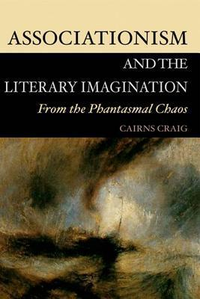
-
